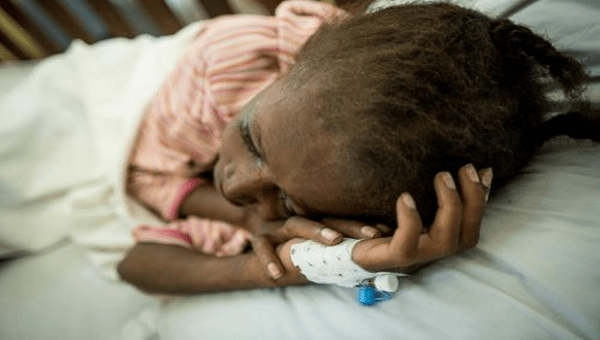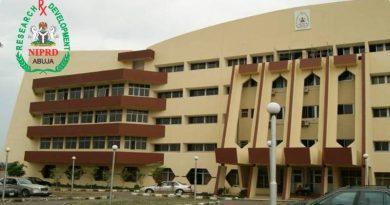Nigeria Government-led National HIV Clinical Mentorship Program
As Nigeria implements the U.S.-supported National HIV Clinical Mentorship Program, new evidence from Zambia has shown that clinical mentorship can rapidly accelerate HIV epidemic control in countries implementing the new sustainable approach. The HIV Clinical mentorship program supports developing a workforce that can lead, manage, and monitor the HIV/AIDS response within its healthcare system.
In Nigeria, the clinical mentorship program modeled from Zambia was also designed to increase Government ownership of the HIV program with a team of highly experienced mentors engaging with health officials to domesticate key HIV guidelines and innovations at the facility level.
In a recently released scientific paper in the journal PLOS, new evidence has shown that the implementation of Zambia’s national HIV clinical mentorship program aligned with progress toward the UNAIDS 90/90/90 targets in the four selected provinces. Program data from the country indicated that rates of HIV case-finding, index-case testing, HIV testing efficiency, treatment initiation, viral load testing coverage, and viral load suppression significantly improved during the implementation period.
In her remarks, the paper’s lead author, Dr. Mary Adetinuke Boyd, who currently serves as the Nigeria Country Director of US-CDC, said the results from Zambia justified continued support for the mentorship program and made a case for the implementation of similar programs in other settings such as Nigeria. “In the current phase of the HIV epidemic response, there is a greater focus on ensuring country ownership to promote sustainability, while maintaining epidemic control,” she added.
Nigeria is currently implementing a National HIV Clinical Mentors Program that uses a similar approach to Zambia’s effort to develop local ownership, as it helps to not only establish a capable workforce that can provide quality care for individuals, but also the quality HIV program management at sites, and ultimately a successful national HIV response utilizing tested public health approaches.
The scientific paper is the first published report of a government-led national HIV clinical mentorship program in sub-Saharan Africa that aligned with significant improvement in key HIV programmatic indicators.




